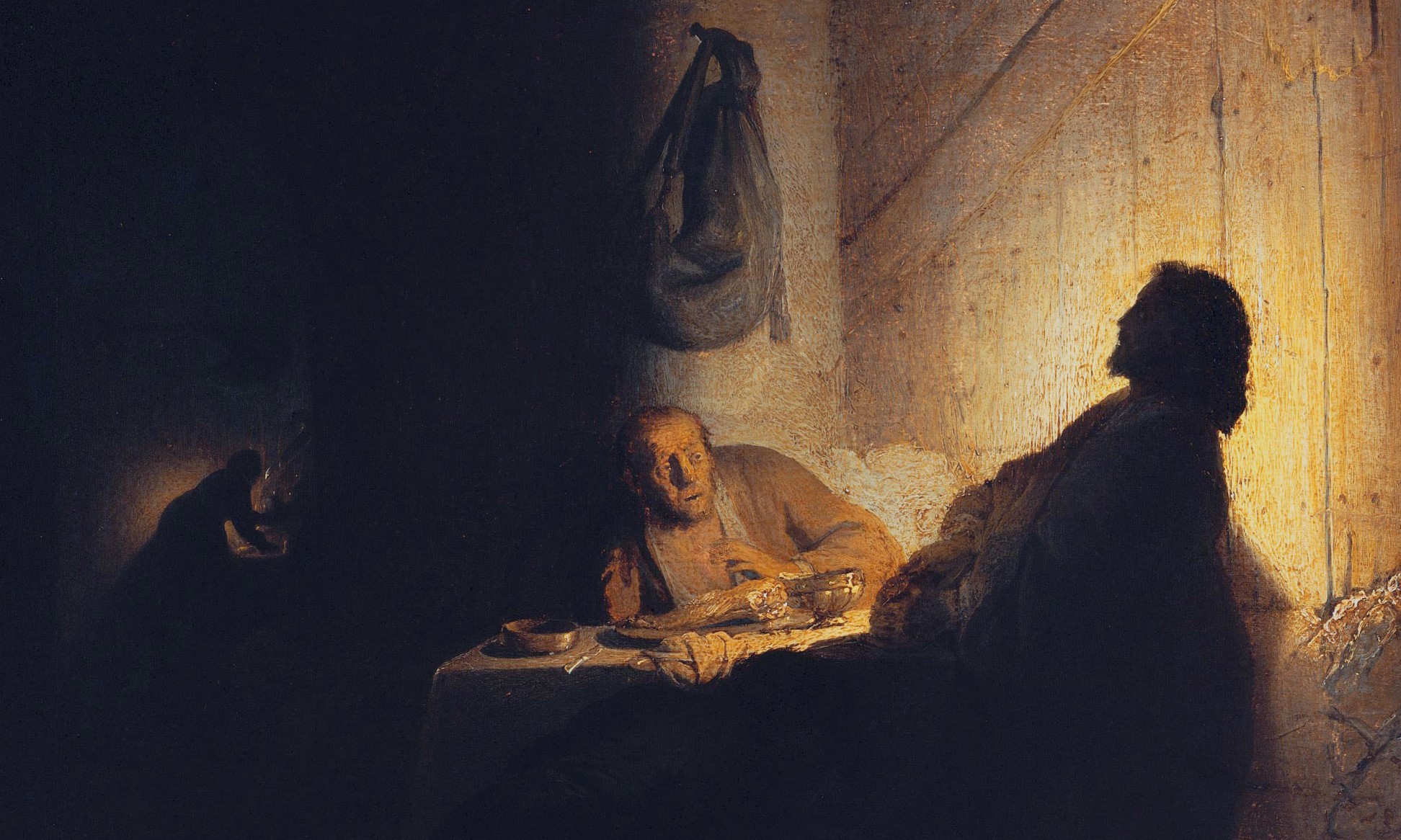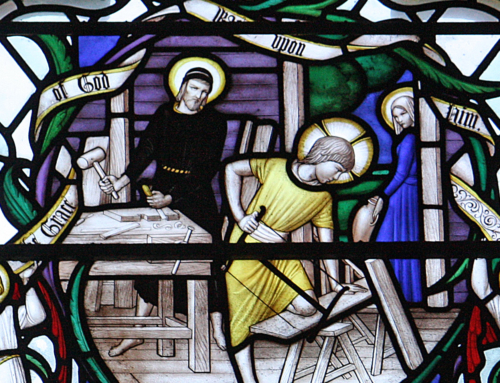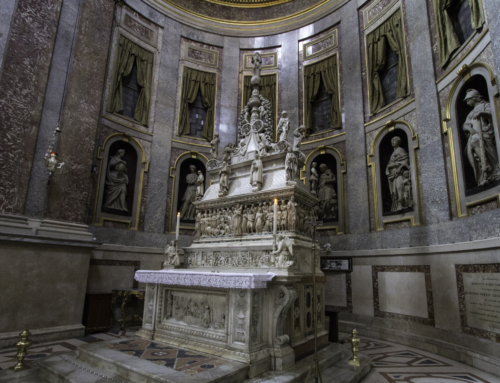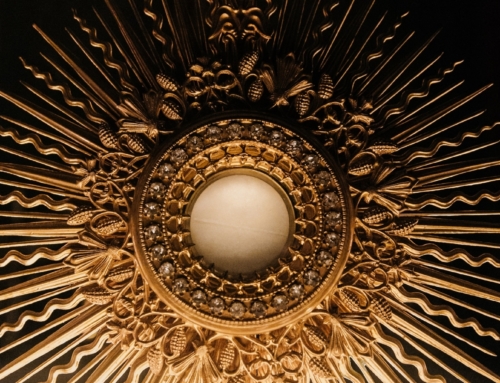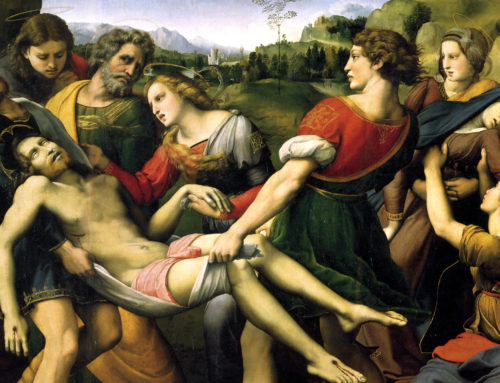Panis Vivus: An Essay on the Eucharist
A “panis vivus” essay is meant to convey, in no uncertain terms, that the Eucharist is really and truly the body, blood, soul, and divinity of Our Lord Jesus Christ. It is our collective response to the 2019 Pew Research Center survey, which reported that only a third of United States Catholics believe in the Real Presence.
A boy, guilty of breaking a rule, hides from his parents. Perhaps if he goes undiscovered his shame will not be exposed. He relies on evasion to preserve his innocence, even as his conscience already condemns him. Adam and Eve tried to pull the same trick. But in the logic of his divine activity, when God hides from us, it is so that he can be present to us. He hides from us so that he can hide with us, turning our sorrow and shame into the joy of being found. Nowhere is this divine logic more clear than in Jesus hidden the Eucharist.
When Jesus walked the earth, his humanity veiled his divinity. The cross tears the veil of his humanity and the centurion exclaims: “Truly this man was the son of God.” This was an insight of faith, not an empirical observation. Only when God is interiorly active can we see through the veil. When Peter believes in Christ’s divinity, Jesus tells him “flesh and blood has not revealed this to you, but my heavenly Father” (Matt 16:17). A philosopher might say, of itself, flesh and blood cannot reveal divinity—God must be at work in our hearts.
Because God’s nature cannot be seen by our physical eyes, even in his resurrection, Jesus’s divinity remains veiled. Jesus walked with his disciples on the road to Emmaus without their recognizing him. He was visible and invisible. They walked with him even as they suffered the sorrow of losing him. He had left them, yet he was with them.
Then, in the breaking of the bread, the two disciples see, and Jesus disappears: “With that their eyes were opened and they recognized him, but he vanished from their sight ” (Luke 24:31). God sundered one veil and placed another. He gives them sight only to hide himself. For a moment, only his divinity was veiled. Then, the appearance of bread veils both his humanity and his divinity.
In retrospect, the two disciples recognize his interior effect on them even while their eyes had been unknowing. Again, this is the divine logic. While we are blind, God is present: “God proves his love for us in that while we were still sinners Christ died for us” (Rom 5:8). Having vanished from their sight he did not vanish from their faith. Hiding his humanity under the aspects of bread and wine, he taught them that he was as present in the sacraments they had received as he was when he was with them on the road.
This then is the promise of the Eucharist: Jesus, hidden under the appearance of bread and wine, yet truly present in both his humanity and divinity. It is the risen Lord fulfilling his promise: “Behold, I am with you always, until the end of the age” (Matt 28:20). He hides in plain sight to teach us that this veil too, like the first one, will eventually be sundered. When we hide, we are trying to be absent. When God hides, it is because he is becoming present in a new way.
***
But, Lord, when you have hidden even your sacramental presence from so many of your children, what are we to do? Your disciples knew your divinity through the works of your humanity; we have met your divinity and humanity in the Blessed Sacrament. How can our eyes be opened if we cannot receive you “in the breaking of the bread,” or come into your presence to adore?
I imagine the Lord saying: My children, even now you can adore my sacramental presence. I am still in tabernacles around the world. I am still on altars at every hour of every day. Ponder this reality. This time of absence will give way to a reunion. I am hidden now, but eventually you will look back and say: “Were not our hearts burning while he spoke to us on the way?”
✠
Image: Rembrandt, The Supper at Emmaus

